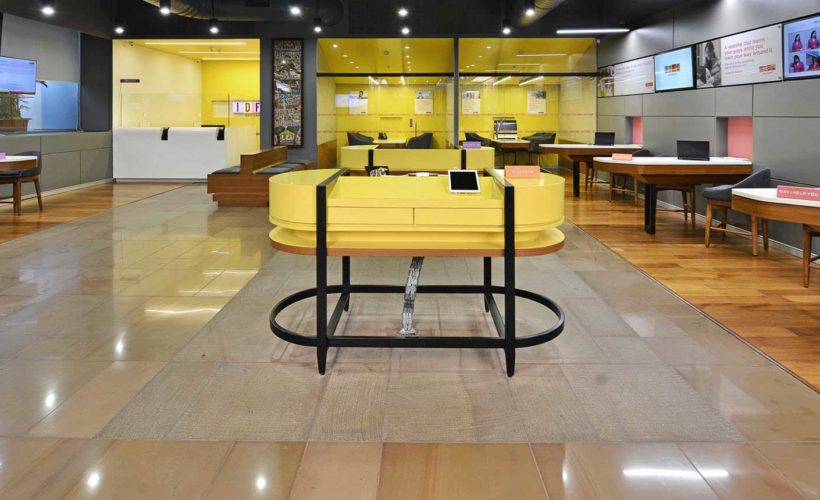
Domestic rating agency Icra Tuesday said it has downgraded long term rating of IDFC First Bank’s bond programme due to weak earnings and on higher provisions due to stressed exposures.
The rating agency downgraded Rs 38,670 crore of non convertible debentures (NCDs) to AA from AA+ with a stable outlook.
The downgrade takes into account the bank’s weak earnings profile, along with the elevated cost-to-income ratio because of the ongoing branch expansion, which has been pressurising the operating profitability, and an increase in credit provisions on account of unanticipated fresh stressed exposures identified by it in Q4 FY19, the agency said in a note.
IDFC Bank got merged with non-banking financial company Capital First to create IDFC First Bank.
The rating agency said despite the strong growth in current account and savings accounts (CASA) deposits, the bank’s share in overall liabilities is low resulting in higher cost of interest-bearing liabilities compared to other banks.
In its recently declared earnings for the last quarter of 2018-19, the banks reported an increase in stressed exposures (including non-performing advances (NPAs)), primarily due to the deterioration in the credit profile of three large exposures.
Even though these accounts remain standard exposures, the bank has made a voluntary provision of Rs 420 crore on these exposures, which scaled its loss in the fourth quarter.
The ability to resolve some of these exposures will be a driving force of the associated credit costs and profitability in FY20, the note said.
The agency said going forward, the ongoing branch expansion drive (600-700 branches to be added over the next few years) will aid franchise expansion while the ability to maintain the traction in Casa deposits would drive the improvement in the earnings profile in the medium to long term.
It estimates the bank’s return on assets (RoA) may remain muted in FY2019-20 due to the ongoing investments in the expansion of the retail franchise and possible credit provisions on stressed exposures.
The share of retail assets has recovered with the merger and the management has moved towards increased focus on improving the granularity of the loan book while gradually lowering the wholesale book, which is likely to temper the pace of capital consumption, the note said.
The rating agency said the capitalisation of the bank is expected to remain stable even though the overall earnings may remain weak in the near to medium term.
The outlook may be revised to positive if the bank is able to significantly improve its retail franchise in assets and liabilities.


